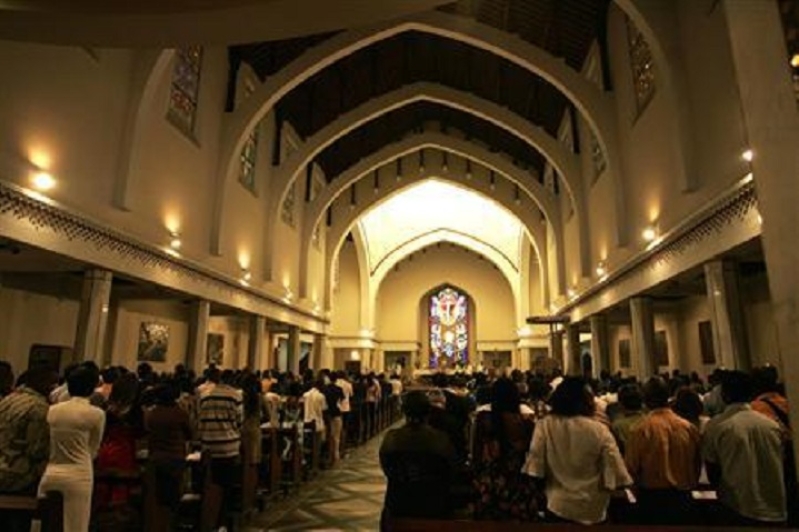
Christians in Morocco, where the state religion is Islam, are speaking out and demanding the right to freely worship according to their faith.
"We demand the right to give our children Christian names, to pray in churches, to be buried in Christian cemeteries and to marry according to our religion," Mustapha, who converted to Christianity in 1994, told AFP.
He, together with other former Muslims who have embraced Christianity, wrote a request to the official National Council of Human Rights to end the persecution of Christians in Morocco.
Christianity is a religious minority in the country. Muslims comprise 99.6 percent of the Moroccan population, while evangelical Christians only make up 0.4 percent and professing Christians 0.2 percent, according to the Joshua Project. A tiny fraction of the population are Jewish.
However, even though the state religion is Islam, Morocco's 2011 Constitution allows for freedom of religion. The authorities claim to practice only a moderate form of Islam that leaves room for religious tolerance. Yet, in reality, Moroccan Christians still suffer from persecution.
For two decades, Mustapha kept his faith in Christ secret. He said he first got attracted to the Christian faith because he got "tired of the contradictions of Islam" and he was looking for something to "fill a spiritual void."
Eventually, he got connected with a religious group in Spain, with whom he maintained correspondence. He became a Christian and began to study courses through distance learning programs from the U.S., qualifying him to become a pastor.
Less than two years ago, Mustapha decided to come out in the open and declare his faith in Christ. He published an online video about his conversion to Christianity.
Despite the state's supposed promotion of religious tolerance, Mustapha was greatly persecuted by family and friends, who "turned their backs on me," he said.
"I was shunned at work. My children were bullied at school," he said.
The "penal code, political parties and society" did not follow the direction of the 2011 Constitution with regard to freedom of religion, Mustapha said.
Some provisions in the penal code contradict the Constitution in this aspect. For example, proselytizing or converting a Muslim to another religion is considered as a crime in the penal code. Educational institutions, orphanages and health centers that attempt to proselytize Muslims through the services they offer, if proven guilty, can be closed down for up to three years.
Yet, things are looking better for Christians in Morocco these days, according to Rachid, who is a convert to Christianity and is also now a pastor like Mustapha. He learned about Jesus by listening to a radio program broadcast from Paris in 2004.
"The arrests have almost stopped, which is a big step," he told AFP. "Harassment has become scarce."
He openly practices the Christian faith in the midst of his Muslim neighbors in Agadir. And unlike Mustapha, Rachid enjoys a pretty normal life.
"I am Moroccan before being Christian," Rachid said.






